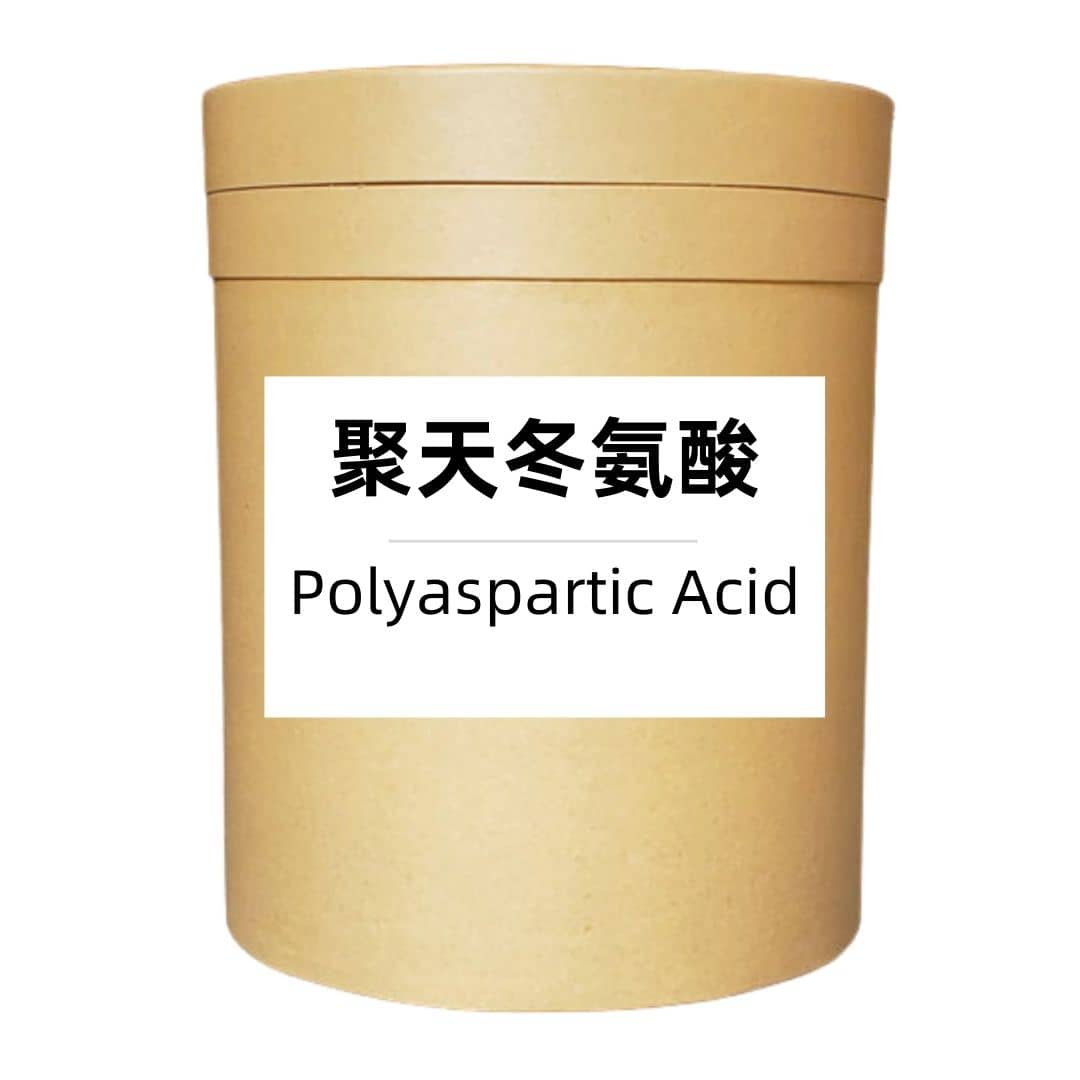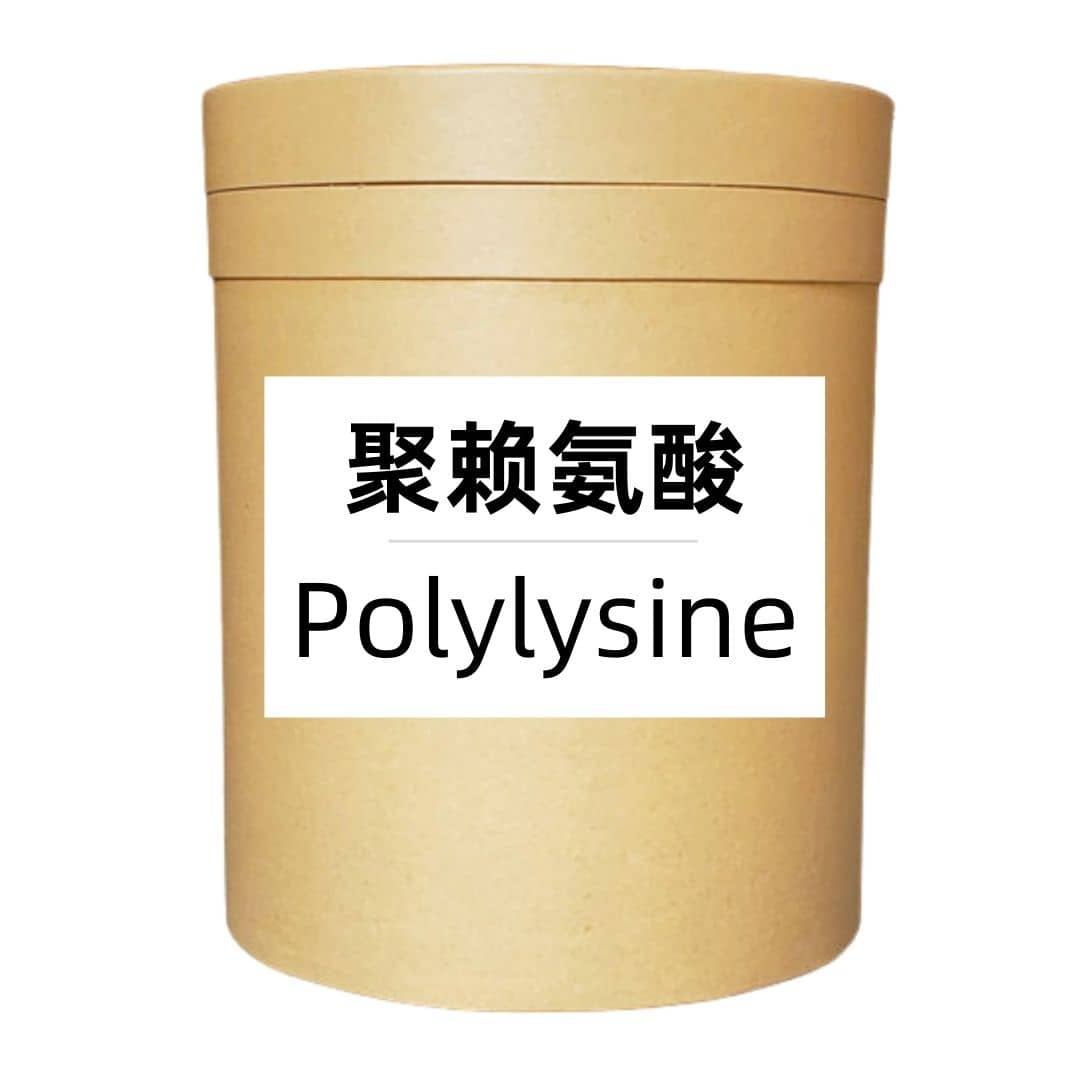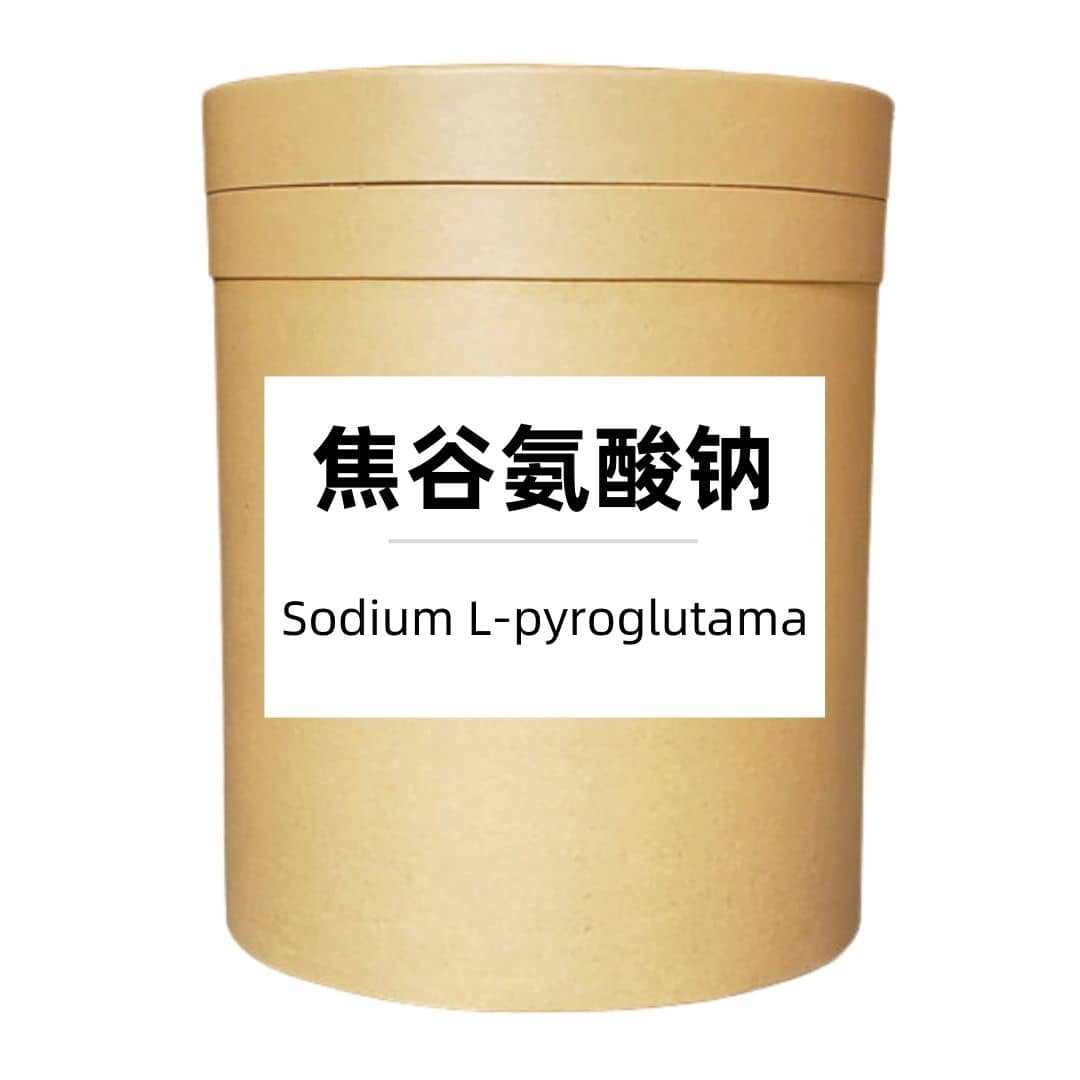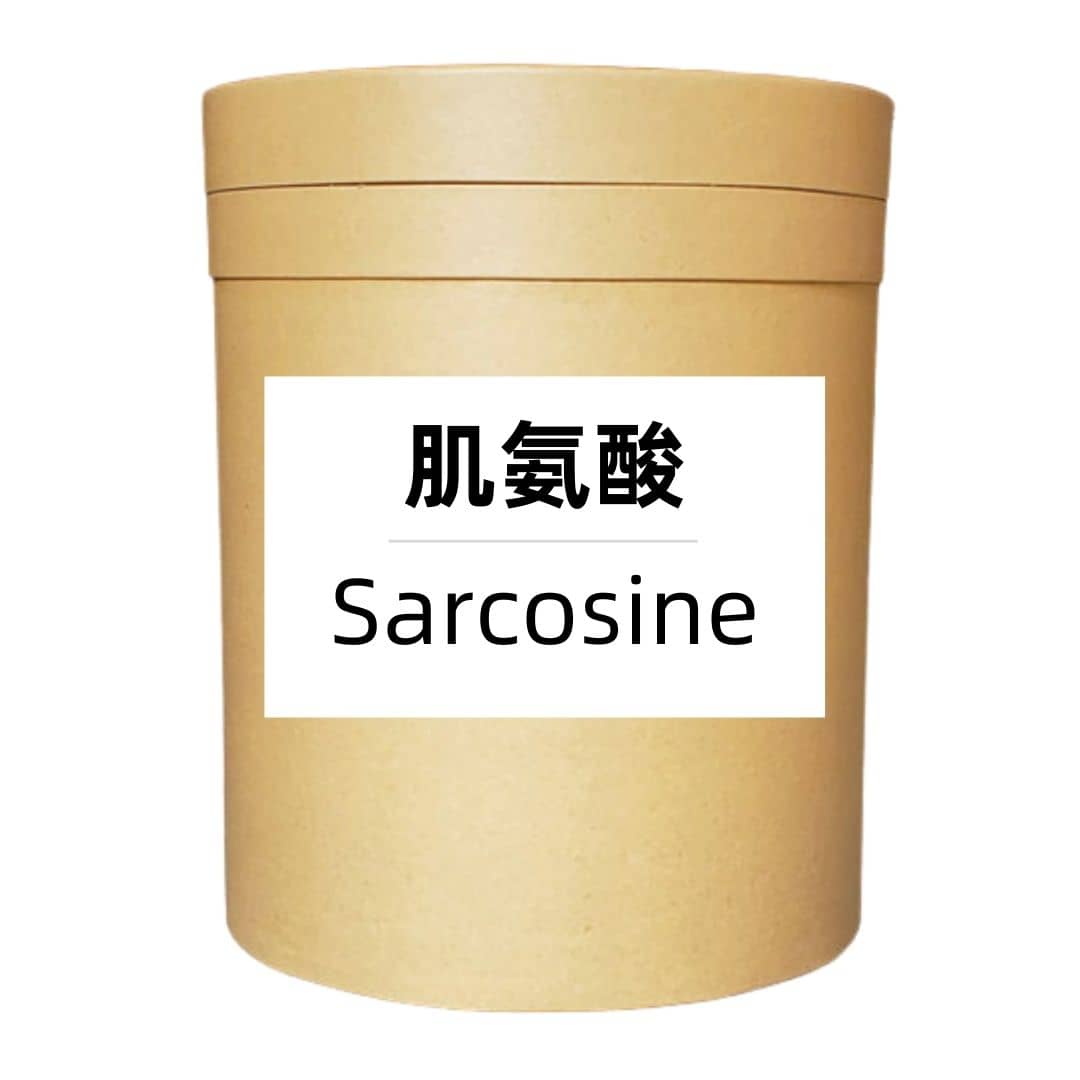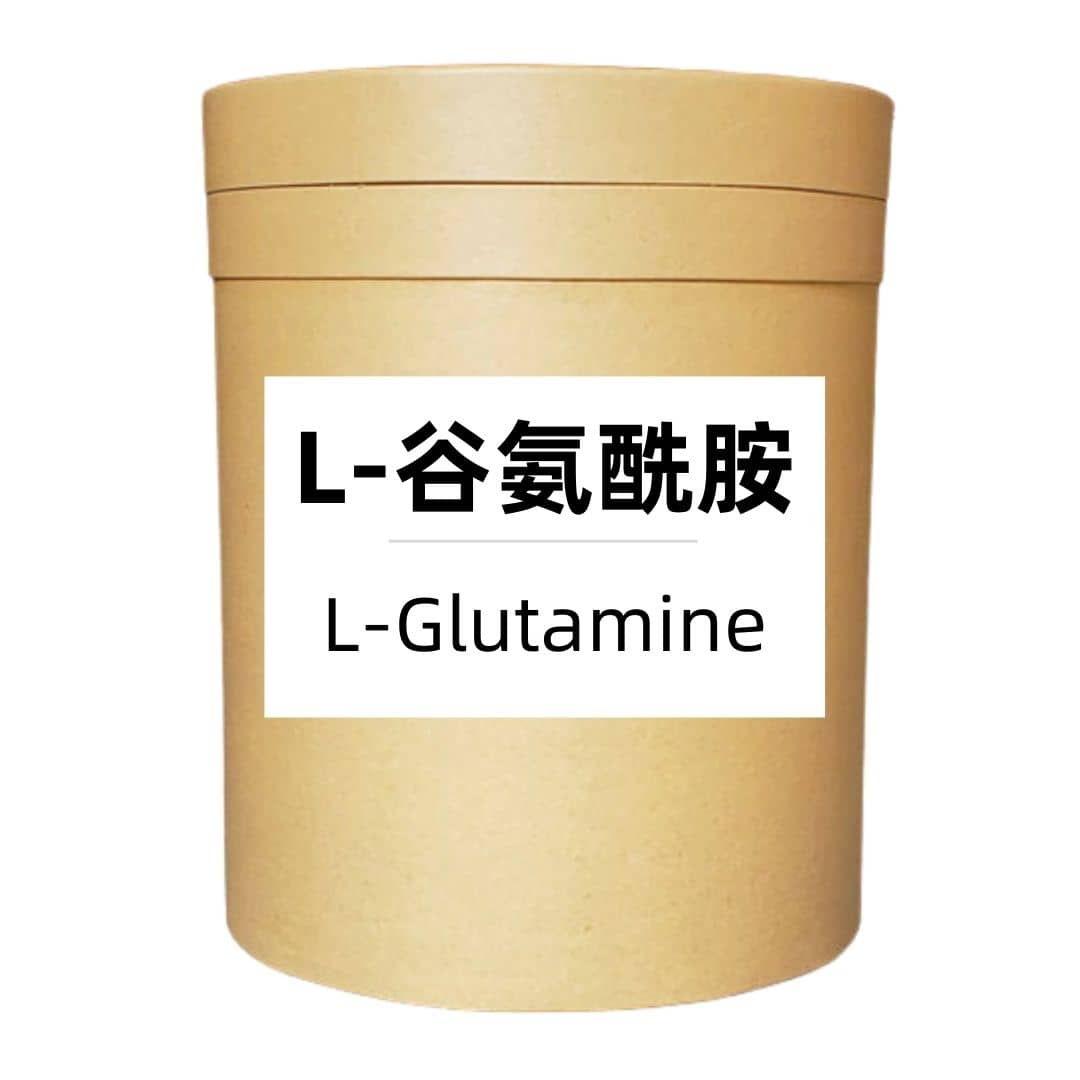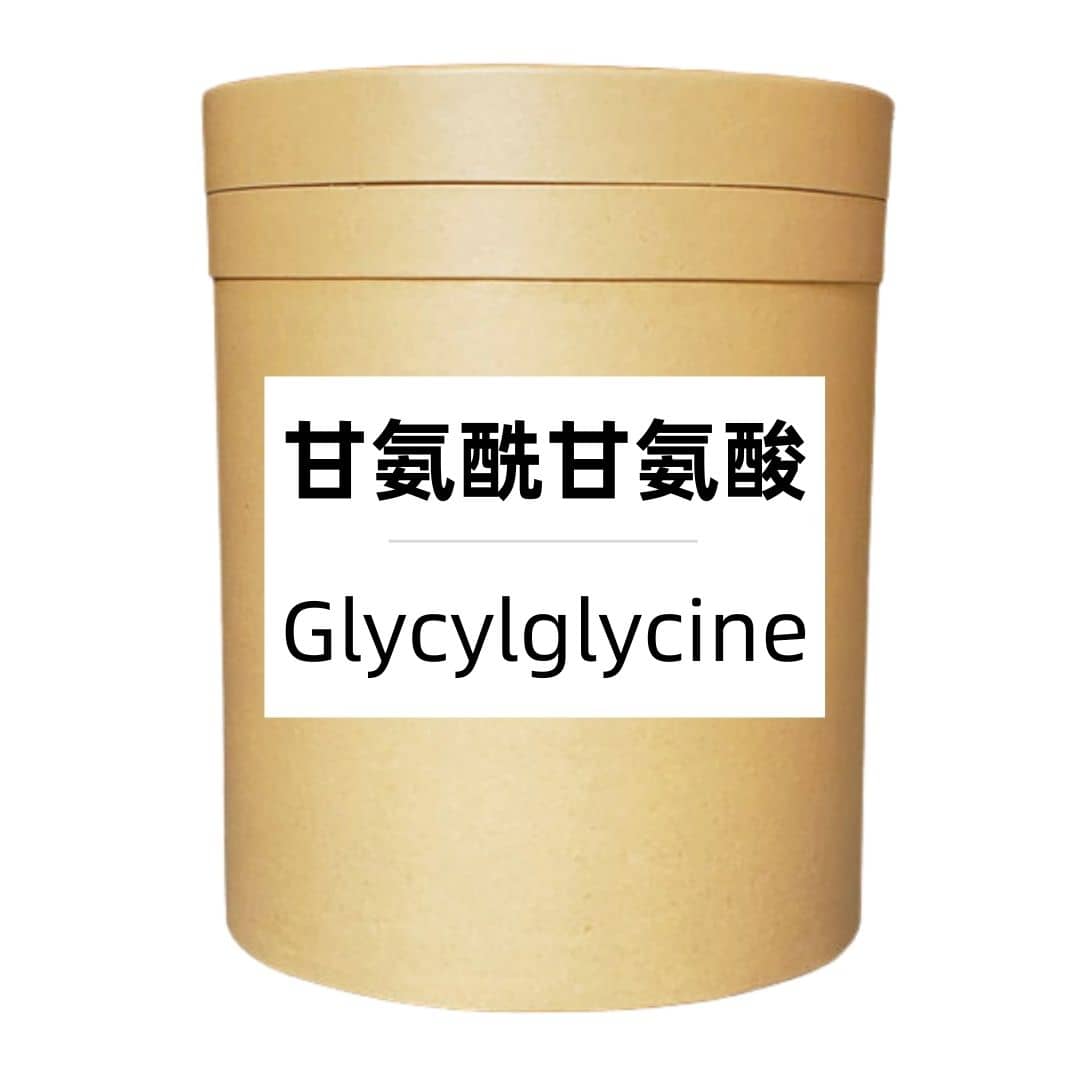Product Introduction
D-Glutamic Acid is a non-proteinogenic amino acid and an enantiomer of L-Glutamic Acid. It plays a role in bacterial cell wall synthesis, neurotransmission, and certain metabolic pathways. It is naturally found in some microorganisms and fermented foods, with applications in food, pharmaceuticals, and biotechnology.
Production Process
D-Glutamic Acid is produced through chemical synthesis, microbial fermentation, or enzymatic conversion. Chemical synthesis typically involves chiral resolution or asymmetric synthesis. Microbial fermentation uses specific bacterial strains that can selectively produce D-Glutamic Acid. Enzymatic conversion employs biocatalysts to transform precursor compounds into the D-enantiomer.
Effects and Functions
D-Glutamic Acid contributes to bacterial cell wall stability and is involved in certain biochemical reactions. It has potential applications in neurobiology, as some studies suggest a role in neurotransmitter function. In pharmaceutical research, it is explored for drug synthesis and biomaterial development.
Application Scenarios
D-Glutamic Acid is used in food as a flavor-enhancing ingredient and a component of fermented products. In pharmaceuticals, it serves as a precursor for drug compounds and biomaterials. In the feed industry, it is studied for its role in animal nutrition and microbial metabolism.
Packaging and Storage
【Storage Conditions】The product should be sealed, protected from light, kept away from high temperatures, and stored in a dry, cool, and well-ventilated place.
【Packaging】Bulk: 25 kg per fiber drum. Sample: 1 kg per aluminum foil bag. Custom packaging is available upon request.
【Shipping Methods】FedEx, DHL, dedicated logistics, and sea freight consolidation.
【Shelf Life】Two years.
Monica Sun possesses extensive technical expertise and market insights in the food additives industry. She excels in designing efficient and safe additive formulations tailored to various food applications, ranging from sweeteners to functional dietary fibers. Monica has successfully assisted food manufacturers in optimizing ingredient combinations to enhance product quality and improve consumer satisfaction.









